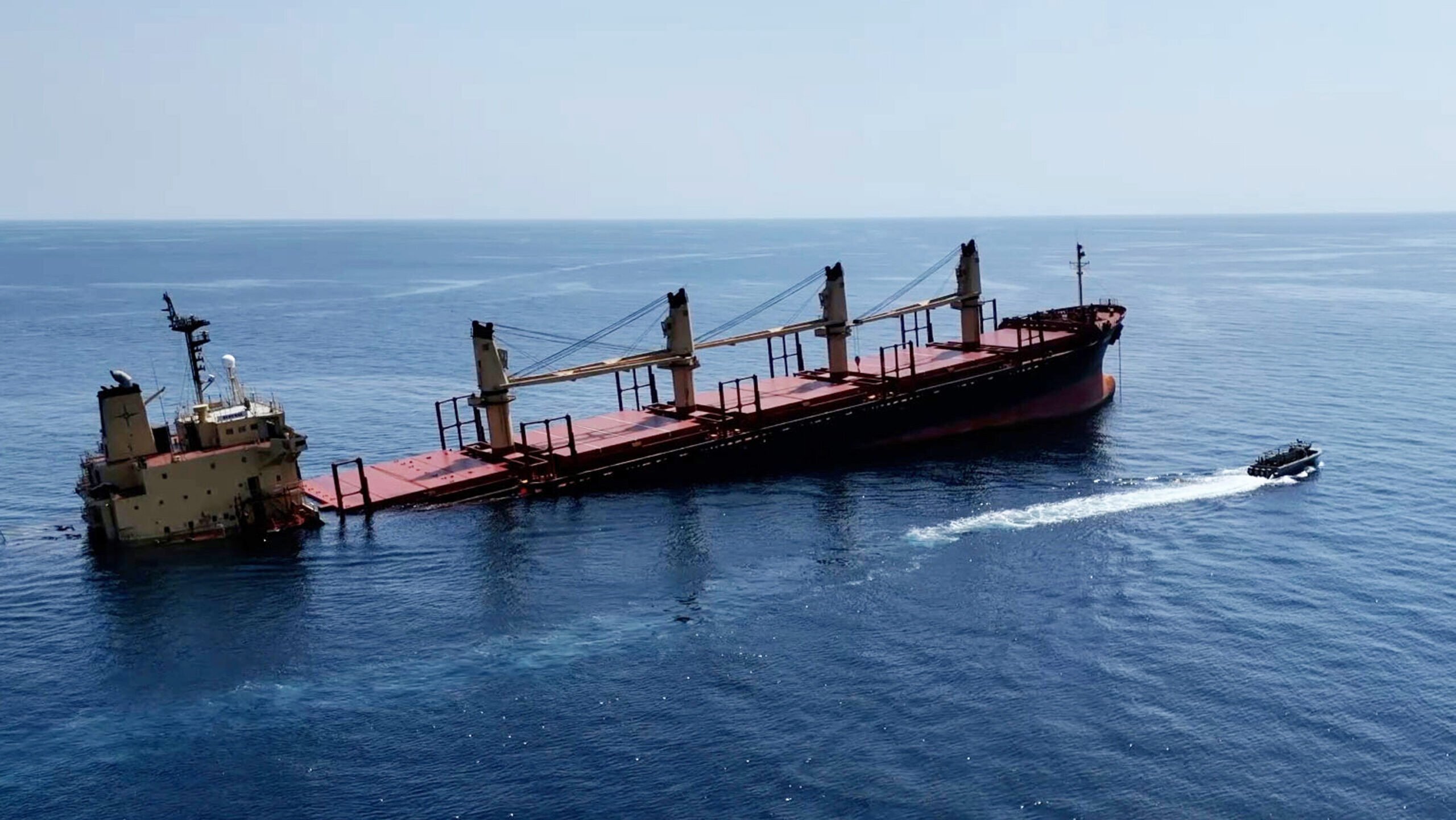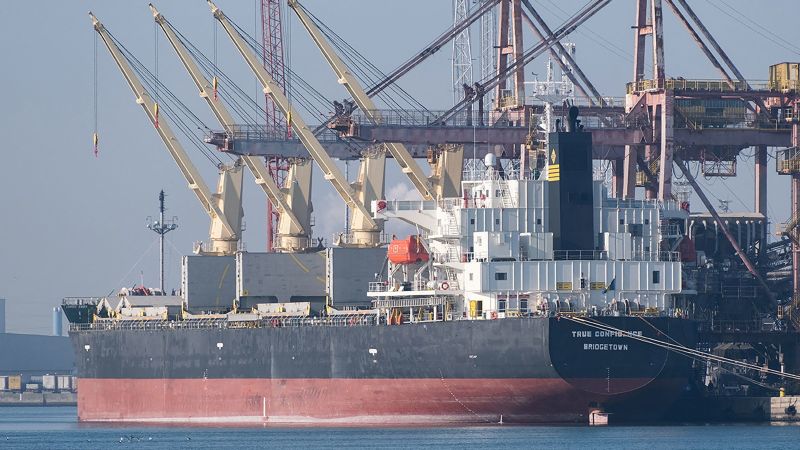
On March 6th, 2024, two sailors were killed in a Houthi attack on a commercial vessel in the Gulf of Aden. The Iran-backed Houthis claimed responsibility for the strike and warned other ships to leave the area after issuing a warning. Coalition ships tasked with defending them are responding to the damaged commercial ship according to U.K Maritime Authority, but it is not clear if they were able to prevent any further damage or casualties. The Houthi spokesperson delivered a video statement later on Wednesday saying that fighters carried out a targeted operation that was precise and sparked a fire on the ship.





